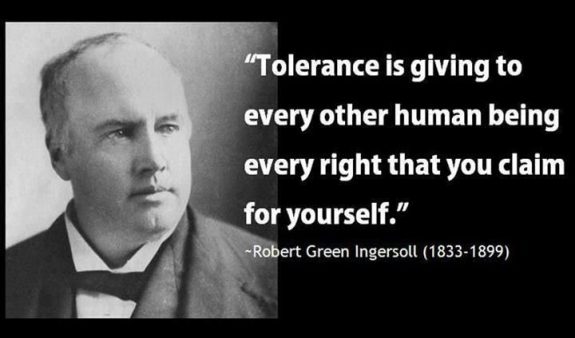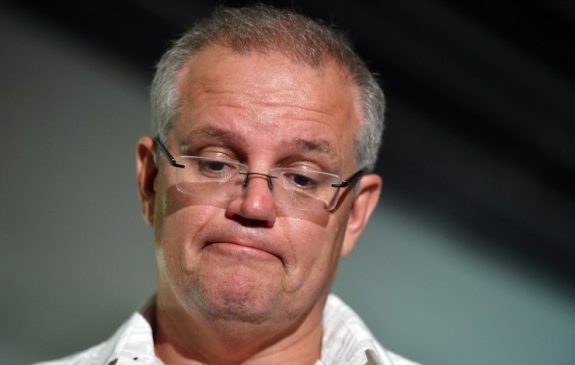Equine Hypocrisies: Racehorses for the Knackery
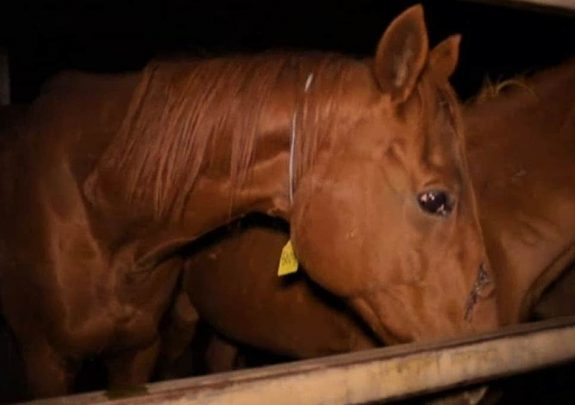
It was always a probable fact: the dark consequences of having what is termed in Australia a “racing” industry, where breeds do battle on the track, sponsored and watered by the money of an industry that sees no sign of contracting. Curiously, most states within the Australian Commonwealth boast a racing minister to mind the industries in which punters, animal owners and investors partake. From greyhounds to horses, a lingering question remains: Where to with the animals once they have done their dash?
The answer came last Thursday in an ABC 7.30 Report, showing the grizzly reality facing horses once they have performed their valiant duty on track. The footage featured the mistreated beasts in their thousands, brutalised, shocked and dragged to their imminent death. Racing broadcaster Bruce McAvaney had his mind on the footage, even as he was celebrating race meets at Caulfield and Randwick. “Thursday night’s ABC expose of what happens to some retired racehorses calls for immediate action.”
There have been tears, distress and the sense of being unable to view the procession of cruelty. Queensland Premier Annastacia Palaszczuk claimed being “sickened and appalled”. Her minister for agriculture and minister for racing were likewise “deeply concerned about the allegations of animal abuse that surfaced.”
But such grieving critics have also cultivated a sense of denial over the years, nursing romantic notions that racehorses find their plot of acreage and enjoy a life of well-fed retirement. McAvaney, for one, sees, “The nurturing of our racehorses in retirement as just as important as the care and training given to a yearling for a four-year old champion.”
The ugly, yet obvious point, has been avoided. Not all horses in the racing industry rise to the level of feted aristocracy. Many are the unknowables and even the untouchables. Viewed as assets, the racing horse who does not race, or races poorly, depreciates. Many end up at places such as the Meramist abattoir, purchased by kill buyers such as Peter Loffel, who is on record suggesting the industry’s complicity.
This squeamishness about horse slaughter is inconsistent in one sense. It suggests a privileged sentimentality: the noble animal, butchered in industrial fashion and unable to live out its days in admired splendour, should strike a person as exceptionally appalling. Then again, other animals are just as readily industrially slaughtered. In Calla Wahlquist’s words, “while the slaughter of horses through methods identical to those used to slaughter cattle or sheep is ethically no different, it has caused significantly more upset.” If only cattle and sheep could race.
It should be noted that the slaughter of horses is legal under Australian law, though these are regulated by national standards, animal welfare legislation passed at the state level, and industrial codes of practice. A publication outlining the relevant standards is matter-of-fact in tone. “The focus is on essential health and hygiene issues and provides for standards that are consistent with the principles and objectives of the world standards contained in Codex Alimentarius, Volume 10 (1994).” Hardly a moving document, the focus here being on the guarantee of “wholesomeness”.
On the issue of figures, stubbornness prevails. The national broadcaster has questioned suggestions by industry stalwarts that a mere one percent of horses who retire from racing find their way to an abattoir or knackery. But the cold reality remains that horses who have left the racing fold no longer come within the purview, one might even say interest, of the industry.
A study done in 2008 by the School of Animal Studies and the Centre for Animal Welfare and Ethics at the University of Queensland made the point that “the subject of horse slaughter can be emotive as the horse is considered, by many, to be a companion animal. Information concerning the industry is therefore limited and because of this, little is known regarding the demographics and condition of horses relinquished to either abattoirs or knackeries.” That research came to the rather glum finding that some 40 percent of those ending up being slaughtered were thoroughbreds.
Then there is the economic incentive. Animals, however elevated in the imagination, are ultimately expressions of lucre. The callings of the racing industry take precedence over the calling of kindness or ethical worth. Barry O’Farrell’s 2018 report, for instance, is celebratory about thoroughbred racing in Australia, seeing as it contributes $9,152.2 million to the economy, $800 million in State and federal taxes while keeping some 71,937 people in jobs.
Those in the interest of animal welfare have various, mixed suggestions on how to approach this. There is an accounting approach: the establishment of a national horse traceability register, for instance. The Australian Senate is on the task and set to release the findings of an inquiry into the subject in December. Till then, there are only brief spikes of rage when the next figure or statistic is published showing the bloody end of racehorses. (In June, The Guardian noted that some 30 percent of Australian race horses imported by South Korea over a five-year period have ended up being butchered).
One chance to avoid the slaughterhouse is to prolong the durability of the racing animal. “If we come to value durability as much as other performance traits,” suggest Paul McGreevy, Bidda Jones and Cathrynne Henshall, “we can reward breeders who select for long racing careers alongside other attributes.” Another suggestion, albeit starker and one draining on the industry racket, is to have fewer horses. Reducing the scale will reduce the harm. But those besotted by the mighty dollar would have something to say about that. First comes the investment, then come the morals.
Like what we do at The AIMN?
You’ll like it even more knowing that your donation will help us to keep up the good fight.
Chuck in a few bucks and see just how far it goes!











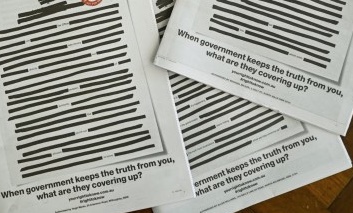
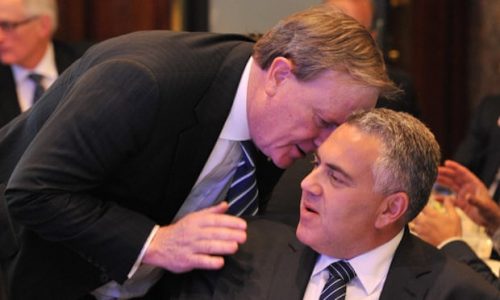
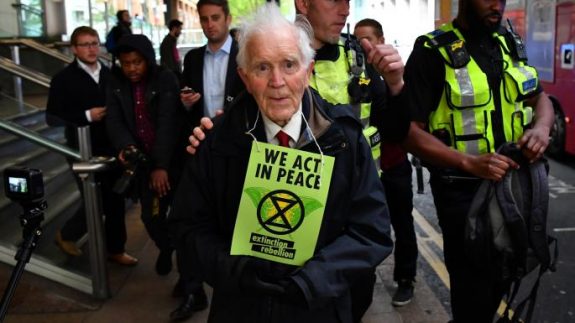
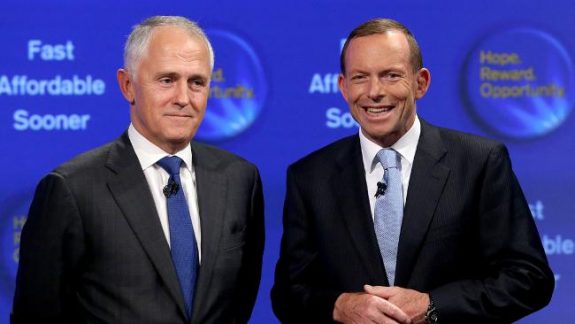
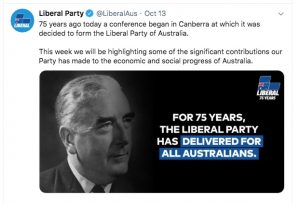
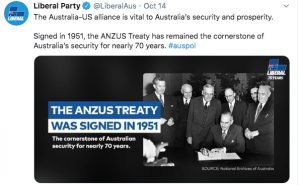
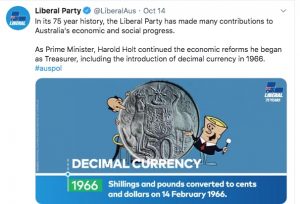
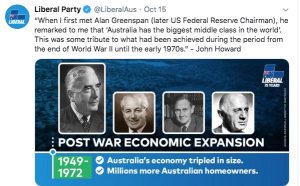
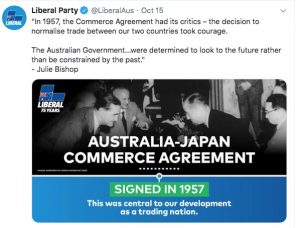
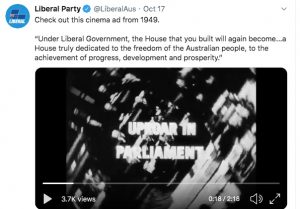
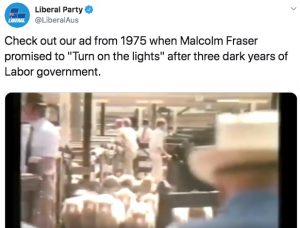
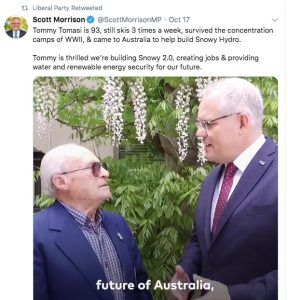
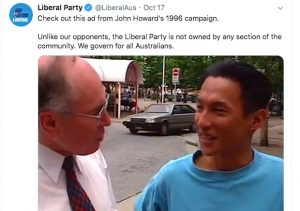
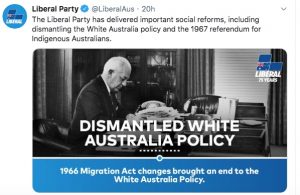
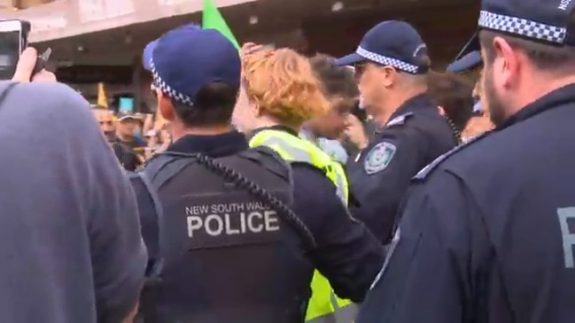


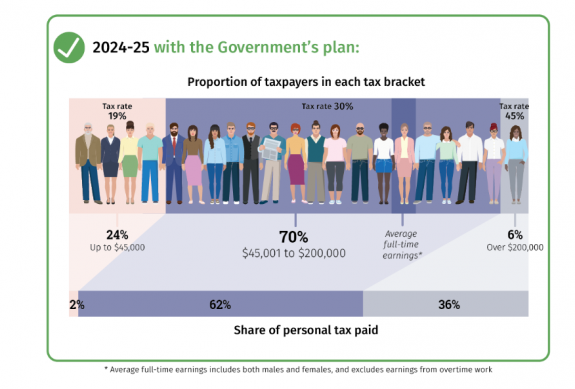



 Denis Bright (pictured) is a member of the Media, Entertainment and Arts Alliance (MEAA). Denis is committed to citizens’ journalism from a critical, structuralist perspective. Comments from Insiders with a specialist knowledge of the topics covered are particularly welcome.
Denis Bright (pictured) is a member of the Media, Entertainment and Arts Alliance (MEAA). Denis is committed to citizens’ journalism from a critical, structuralist perspective. Comments from Insiders with a specialist knowledge of the topics covered are particularly welcome.
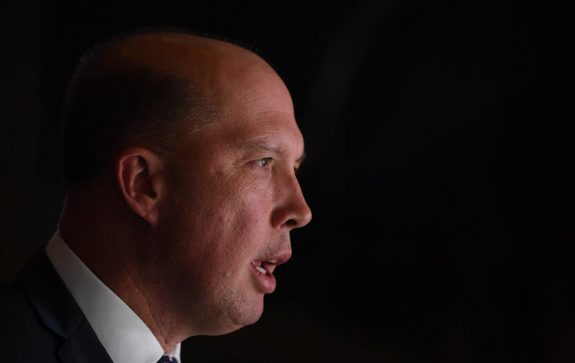

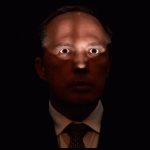 These are but a very few random examples of those who could back Dutton, Beelzebub in sub-human form, to deliver another spill.
These are but a very few random examples of those who could back Dutton, Beelzebub in sub-human form, to deliver another spill.